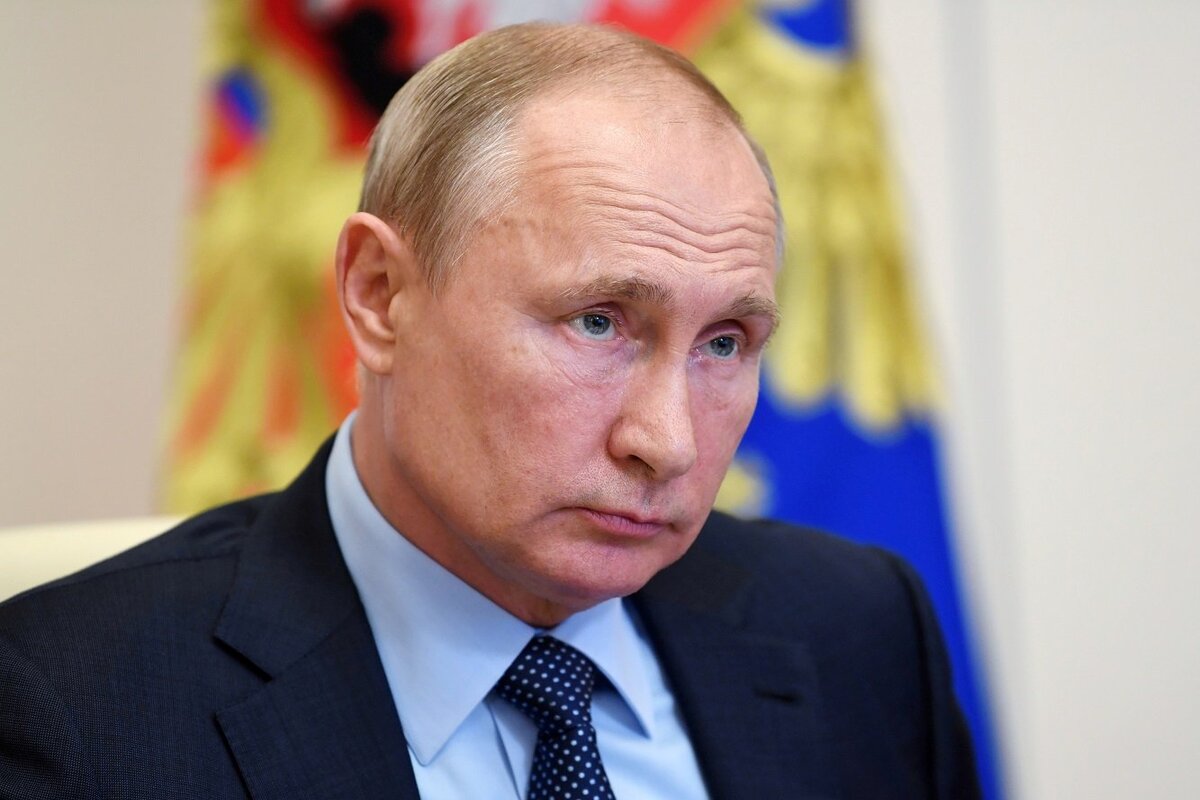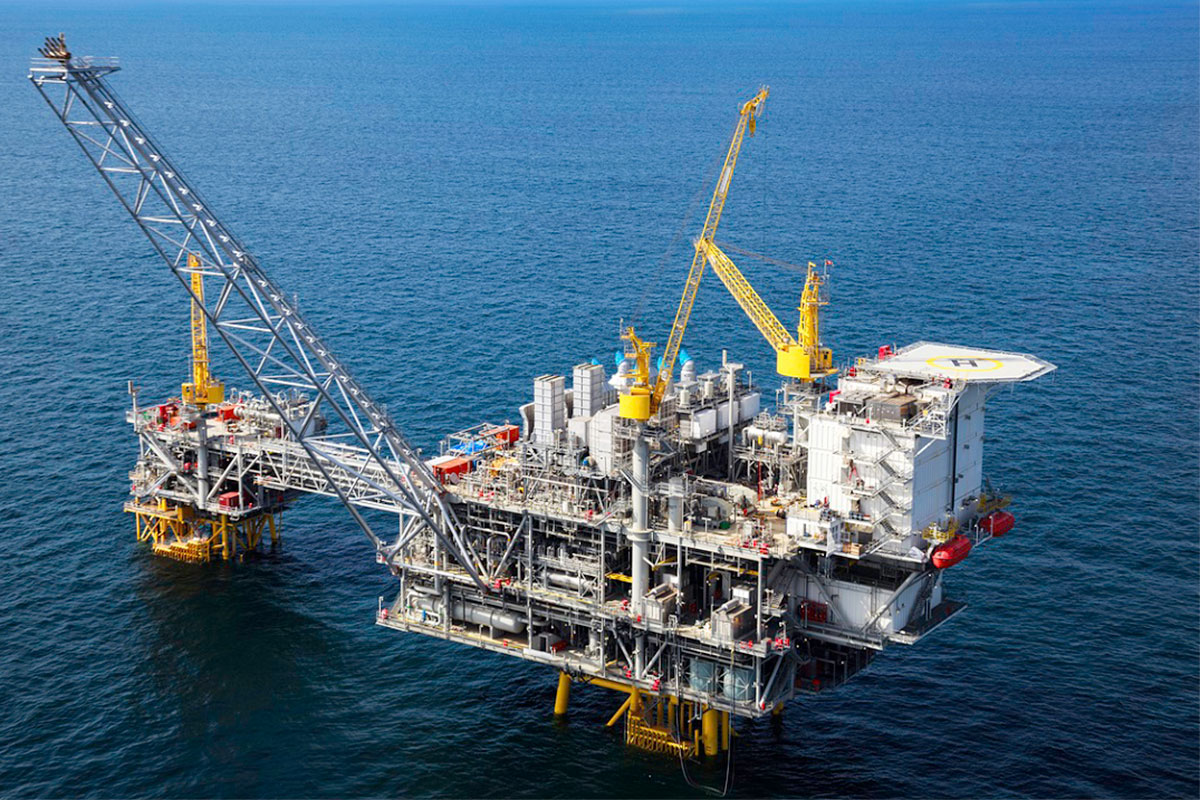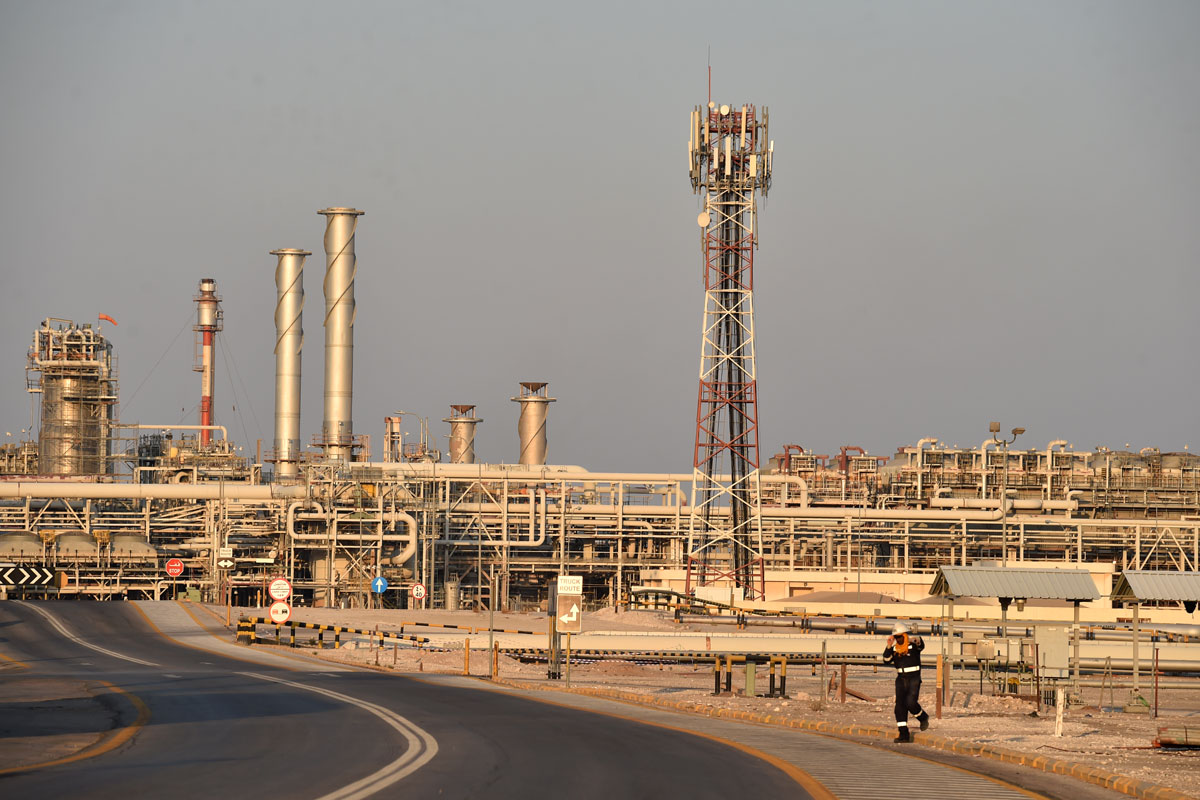Setback to OPEC
In an unexpected move, Angola has decided to part ways with the Organisation of Petroleum Exporting Countries (OPEC), sending ripples through the intricate web of global oil alliances.

In an unexpected move, Angola has decided to part ways with the Organisation of Petroleum Exporting Countries (OPEC), sending ripples through the intricate web of global oil alliances.

At the heart of the matter is the quest for stability in global oil markets.

According to Russia's central bank, crude oil exports accounted for Euro113 billion in 2021, on top of the Euro70 billion earned from refined products, such as gasoline and diesel.

The West Texas Intermediate for November delivery increased 1.24 US dollars, or 1.4 per cent, to settle at 87.76 dollars a barrel on the New York Mercantile Exchange. Brent crude for December delivery added 1.57 dollars, or 1.7 per cent, to settle at 93.37 dollars a barrel on the London ICE Futures Exchange.

OPEC+ said on Wednesday that it will slash oil production by 2 million barrels per day, the biggest cut since the start of the Covid-19 pandemic, media reports said.
OPEC and its allies led by Russia agreed to reduce output by 9.7 million barrels per day (bpd) for May and June.
U.S. benchmark, West Texas Intermediate (WTI), plunged below the $15 per barrel mark as the lockdown led by the COVID-19 pandemic.
The deal and its announcement came after Russia and Saudi Arabia ended their oil price war to control the plunging oil prices.
The agreement between the Vienna-based Organization of the Petroleum Exporting Countries and partners foresees deep output cuts in May and June followed by a gradual reduction in cuts until April 2022.
India being world's third-largest oil consumer is planning to spend $ 670 million to buy oil at around the $30 a barrel for its strategic reserves purchased from Saudi Arabia and UAE.